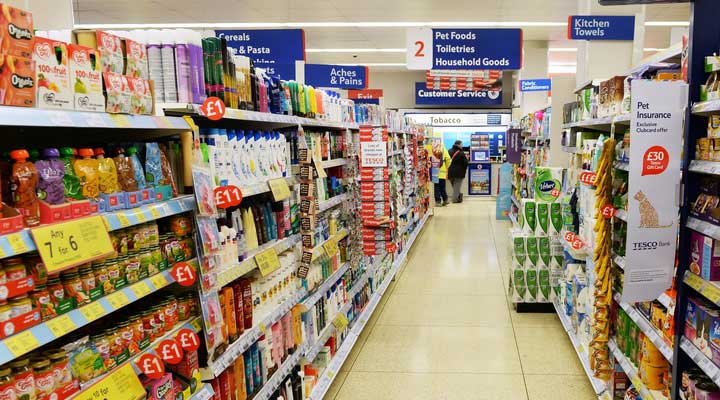With clever marketing and attractive packaging, just about any brand of pet food can convince you that you are feeding your pet with top quality meals. Some pet owners have chosen to bypass store-bought food altogether and prepare meals at home. Take a look at some common pet food myths going around today before you pull out the kitchen supplies or spend more for the attractive packaging:
- Homemade Pet Food Is Healthier
It sounds like an obvious choice, but the American Veterinary Medical Association (AVMA) advises against making your own pet food. This is because the specific nutritional needs for pets are complicated and vary from one animal and breed to another. Commercial pet foods must pass thorough testing that most pet food recipes do not have to meet.
- Store-bought Foods Lead to Farting
If your dog or cat is having digestive issues, don’t be so quick to blame the pet food. Instead, try to determine if he or she has eaten any dairy products, peas, beans, or soybeans. Anything with a lot of fat or spicy foods will also cause flatulence. Treating your dog to a piece of pork under the table is more likely to cause digestive upset than the pet food.
- “Natural” and “Organic” Mean the Same Thing
Natural pet food must not contain artificial coloring, flavors, preservatives, fats, or other ingredients. Just because the food is considered “natural”, there is no guarantee that the food is unprocessed or unrefined. It also does not make the food organic. In order to achieve an organic status, the food must meet the requirements of the National Organic Program of the United States Department of Agriculture (USDA).
- It Is Okay for Your Pet to Get Drunk
As a concerned and loving pet owner, you shouldn’t ever consider sharing your alcohol with your pet. This could lead to vomiting and diarrhea, difficulty breathing, a coma, and even death.
- “With Tuna” Indicates a Full Serving of Meat
Actually, there only has to be 3% meat in the food to include “with” in the label. Choose a label such as “Tuna Cat Food” for a product that has 95% or more of the meat.
- Artificial Sweeteners Are Safer Than Sugar
While it is true that sugar is not good for your pet, artificial sweeteners are even worse. For example, Xylitol is toxic to dogs and cats. The real stuff is a safer bet for your pets.
If you want to be sure that your pets’ nutritional needs are being met, the safest route is to visit with your veterinarian. Follow those recommendations regarding the types of food and treats that will be most beneficial for your four-legged family member.
